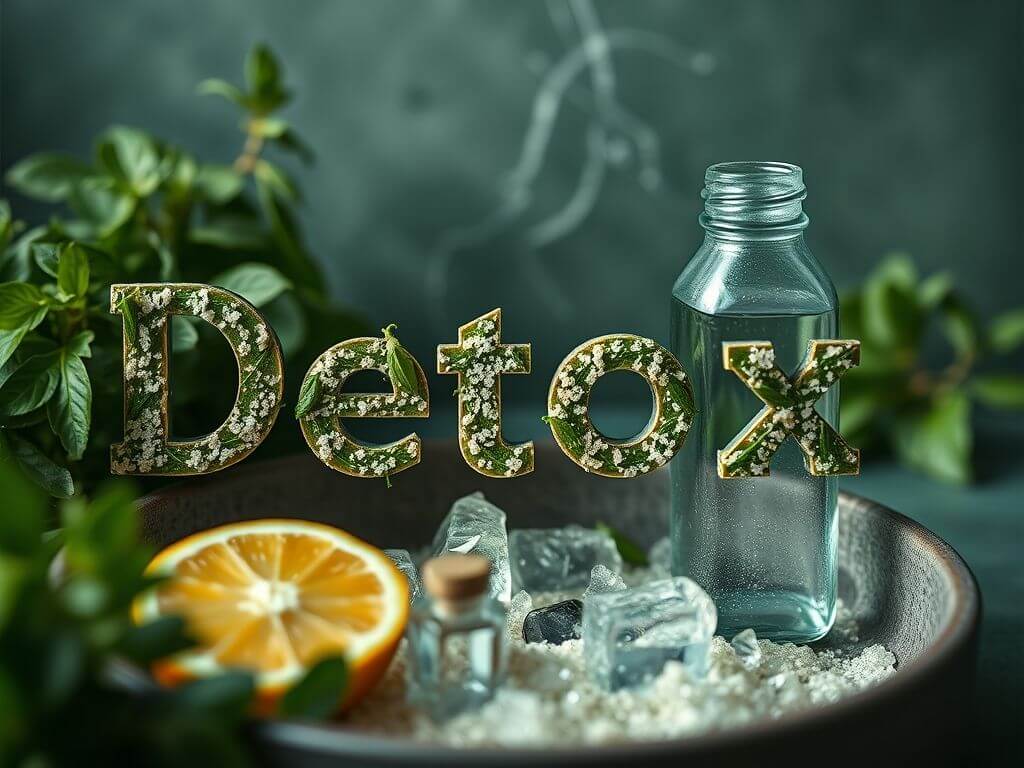What Is Detox Diets?
A detox diet is a dietary regimen designed to eliminate toxins from the body, aiming to promote better health and enhance well-being. These diets often involve a temporary shift away from processed foods, sugars, and unhealthy fats, focusing instead on fresh fruits, vegetables, and sometimes juices. While the concept of detoxing has gained popularity, it is essential to understand its implications and benefits.
Why Are Detox Diets Important?
Detox diets have become a prevalent choice for those seeking to cleanse their bodies and improve their overall health. The idea behind detoxification is that our bodies are constantly bombarded with toxins from the environment, food, and even the products we use daily. This buildup can lead to fatigue, digestive issues, and other health problems. By following a detox diet, individuals aim to reset their bodies, boost energy levels, and improve mental clarity.
Common Types of Detox Diets
- Juice Cleanses: These involve consuming only juice made from fruits and vegetables for a short period, typically ranging from a few days to a week. They are believed to provide essential nutrients while giving the digestive system a break.
- Elimination Diets: These diets require individuals to remove specific food groups (like dairy, gluten, or sugar) from their diet for a certain period to identify food sensitivities or allergies.
- Raw Food Diets: This approach focuses on consuming foods that are raw and unprocessed, emphasizing the intake of fruits, vegetables, nuts, and seeds.
- Intermittent Fasting: While not a traditional detox diet, intermittent fasting can aid in detoxification by allowing the body to rest from digestion and repair itself during fasting periods.
Benefits of Detox Diets
Detox diets can offer a variety of health benefits, making them appealing to wellness seekers, especially those in Massachusetts looking to rejuvenate their bodies. Here are some potential advantages:
- Improved Digestion: By eliminating processed foods and focusing on whole, nutrient-dense foods, many people experience better digestion and regularity.
- Enhanced Energy Levels: A detox can often lead to increased energy as the body is no longer weighed down by heavy, unhealthy foods.
- Weight Loss: Many individuals find that detox diets can jumpstart weight loss, particularly when combined with healthy eating habits post-detox.
- Cleansed Skin: A diet rich in vitamins and antioxidants can lead to clearer skin, reducing breakouts and other skin issues.
How to Implement a Detox Diet in Your Daily Routine
Incorporating a detox diet into your life can be straightforward and beneficial if done correctly. Here are steps to take when considering a detox:
Get more content like this!
Sign up to receive updates and new terms first hand.
- Start Slow: If you’re new to detox diets, begin with a short juice cleanse or an elimination diet to gauge how your body responds.
- Focus on Whole Foods: Gradually replace processed foods with whole, organic fruits and vegetables. This shift can help your body detox naturally.
- Stay Hydrated: Water plays a crucial role in detoxification. Aim for at least eight glasses of water per day, and consider herbal teas for additional benefits.
- Listen to Your Body: Pay attention to how you feel during your detox. If you experience adverse effects, it’s essential to consult a healthcare professional.
Practical Applications of Detox Diets
To make the most of a detox diet, consider these practical applications:
- Meal Planning: Create a weekly meal plan that includes detox-friendly recipes. This preparation will help you stay on track and avoid unhealthy temptations.
- Join a Community: Connect with local groups or online forums focused on detox diets. Sharing experiences and recipes can enhance motivation and accountability.
- Incorporate Exercise: Alongside your detox, consider incorporating light exercise, such as yoga or walking, to further support your body’s cleansing process.
Related Concepts
Understanding detox diets also involves recognizing related concepts in the health and wellness field:
- Clean Eating: A lifestyle focused on consuming whole, unprocessed foods to improve overall health.
- Mindful Eating: Being conscious of what you eat and understanding your body’s hunger signals.
- Nutrition Therapy: A therapeutic approach to nutrition that focuses on using food to enhance health and well-being.
Conclusion
Detox diets can be a beneficial tool for improving health and well-being when approached thoughtfully. By understanding the different types of detox diets, their benefits, and how to implement them in your daily routine, you can make informed choices that align with your wellness goals. As you embark on your detox journey, remember to listen to your body and consult with a healthcare professional if needed.
Have you considered trying a detox diet? Reflect on how it might fit into your lifestyle and health goals. The journey to wellness often begins with small, intentional steps!

